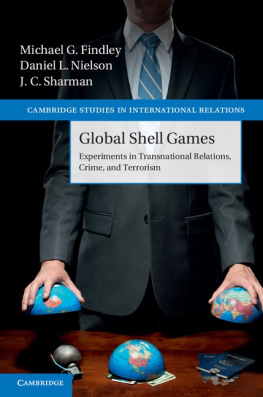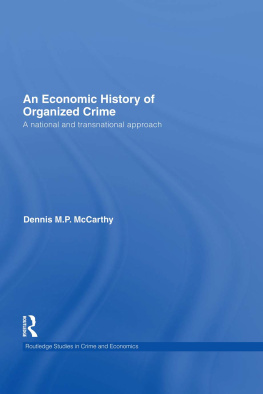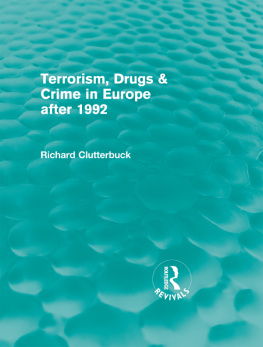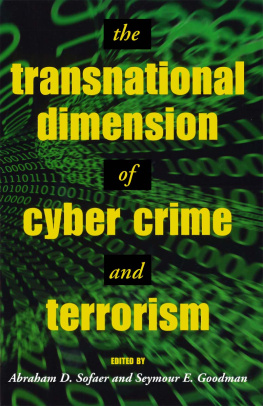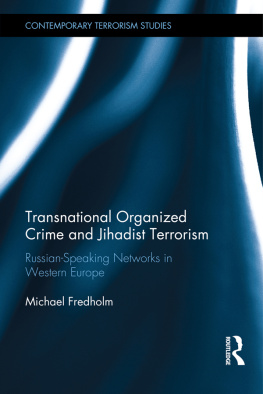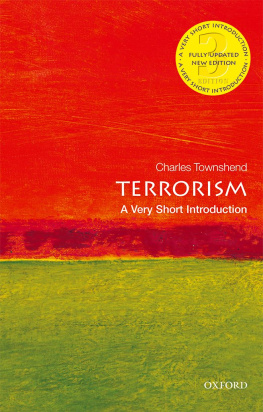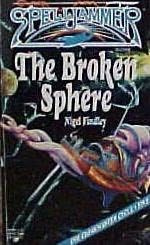Global Shell Games
Shell companies that cannot be traced back to their real owners are crucial for enabling crimes like grand corruption, sanctions-busting, tax evasion, and the illegal trade in drugs and weapons. In investigating this shadowy, illicit world, Global Shell Games adopts a unique, experimental methodology based on posing as twenty-one different international consultants and making over 7,000 solicitations for prohibited untraceable shell companies from firms in more than 180 countries. Combining rigorous quantitative analysis, qualitative investigation of responses, and lurid news reports, this book makes a major contribution to research on compliance with key global rules, while also offering a novel approach to political science research. Global Shell Games is an invaluable resource for scholars of international relations, and a fascinating, accessible read for anyone interested in learning about worldwide criminal finance.
MICHAEL G. FINDLEY is Assistant Professor in the Department of Government at the University of Texas at Austin.
DANIEL L. NIELSON is Associate Professor in the Department of Political Science at Brigham Young University.
J. C. SHARMAN is Professor at the Centre for Governance and Public Policy at Griffith University.
Cambridge Studies in International Relations:
Global Shell Games
Editors
Christian Reus-Smit and Nicholas J. Wheeler
Editorial Board
James Der Derian , Martha Finnemore , Lene Hansen , Robert Keohane , Rachel Kerr , Inderjeet Parmar , Jan Aart Scholte , Peter Vale , Kees van der Pijl , Jutta Weldes , Jennifer Welsh and William Wohlforth
Cambridge Studies in International Relations is a joint initiative of Cambridge University Press and the British International Studies Association (BISA). The series will include a wide range of material, from undergraduate textbooks and surveys to research-based monographs and collaborative volumes. The aim of the series is to publish the best new scholarship in International Studies from Europe, North America and the rest of the world.
For a list of titles published in the series, please see .
Global Shell Games
Experiments in Transnational Relations, Crime, and Terrorism
Michael G. Findley
University of Texas at Austin
Daniel L. Nielson
Brigham Young University
J. C. Sharman
Griffith University
University Printing House, Cambridge CB2 8BS, United Kingdom
Published in the United States of America by Cambridge University Press, New York.
Cambridge University Press is part of the University of Cambridge.
It furthers the Universitys mission by disseminating knowledge in the pursuit of education, learning and research at the highest international levels of excellence.
www.cambridge.org
Information on this title: www.cambridge.org/9781107638839
Findley, Nielson & Sharman 2014
This publication is in copyright. Subject to statutory exception and to the provisions of relevant collective licensing agreements, no reproduction of any part may take place without the written permission of Cambridge University Press.
First published 2014
Printed in the United Kingdom by Clays, St Ives plc
A catalogue record for this publication is available from the British Library
Library of Congress Cataloguing in Publication data
Findley, Michael G., 1976
Global shell games : experiments in transnational relations, crime, and terrorism /
Michael G. Findley, University of Texas at Austin, Daniel L. Nielson, Brigham
Young University, J. C. Sharman, Griffith University.
pages cm. (Cambridge studies in international relations ; 128)
Includes bibliographical references and index.
ISBN 978-1-107-04314-5 (hardback) ISBN 978-1-107-63883-9 (pbk.)
1. Transnational crimeHistory21st century. 2. TerrorismHistory21st
century. 3. International economic relationsHistory21st century. 4. Political
scienceResearchMethodology 5. International finance I. Title.
HV6252.F53 2013
364.1dc23
2013029431
ISBN 978-1-107-04314-5 Hardback
ISBN 978-1-107-63883-9 Paperback
Cambridge University Press has no responsibility for the persistence or accuracy of URLs for external or third-party internet websites referred to in this publication, and does not guarantee that any content on such websites is, or will remain, accurate or appropriate.
Michael Findley: For Heather, and Andrea, David, Joshua, and Spencer
Daniel Nielson: For Jenn, Catie, Abi, and Rob
J.C. Sharman: To my family and Bilyana
Figures
Tables
Preface
A critic of the scientific approach to international relations might wonder how much knowledge has accumulated in half a century. In the pages of World Politics in 1966, Morton Kaplan defended the scientific method as the best means of studying international relations. Taking issue with E. H. Carrs assault on science in The Twenty Years Crisis , Kaplan noted that the traditionalist asserts with little resolution. This book is an attempt to move the discussion forward.
Advocates of science as a means to understanding international politics face at least two significant challenges. First, transnational relations is, in effect, infinitely complex many millions of individuals, firms, organizations, and agencies from different countries and international organizations interact daily. Second, progress in the science of international relations requires the identification of causal effects, and observational scientific methods can only suggest correlations. The target is thus much too big, the instrument much too limited. In this book we argue that the first problem contains the answer to the second: the sheer number of transnational actors can serve as subjects in field experiments capable of revealing causal effects in international relations. The vastness of transnational interactions thus offers the means for precisely testing important theories of international relations.
We hope the book will be pathbreaking in several respects. First, it offers the most systematic and detailed evidence to date on the availability of anonymous shell corporations globally. We draw a detailed map of cross-national transparency in company formation practices derived from more than 7,400 contacts made to roughly 3,800 corporate service providers (CSPs) in 181 countries. Because the data are based on realistic requests for assistance with incorporation, they provide information gleaned from the relevant units of analysis behaving in their normal day-to-day routines. The data in this book therefore provide the most accurate picture of the issue area available.
Further, as far as we can learn, this is the first field experiment conducted on a global scale, where subjects reside in almost every country, treatment conditions involve more than a score of national jurisdictions, and the salience of international law is explicitly tested in a way that can reveal causal effects. It is also the first of what we hope will be many studies that fit what we call the experimental science of transnational relations, or Experimental TR. This broader research program probes the effects of international factors on the behavior of individuals, firms, and organizations. As noted above, these units of analysis exist in relatively large numbers, they can be practically and ethically assigned randomly to conditions, and outcomes of interest for them can be effectively measured all of which makes them ideal as research subjects in field experiments. Experimental TR thus holds out the promise of a science of international relations research based on precise estimates of causal effects.

